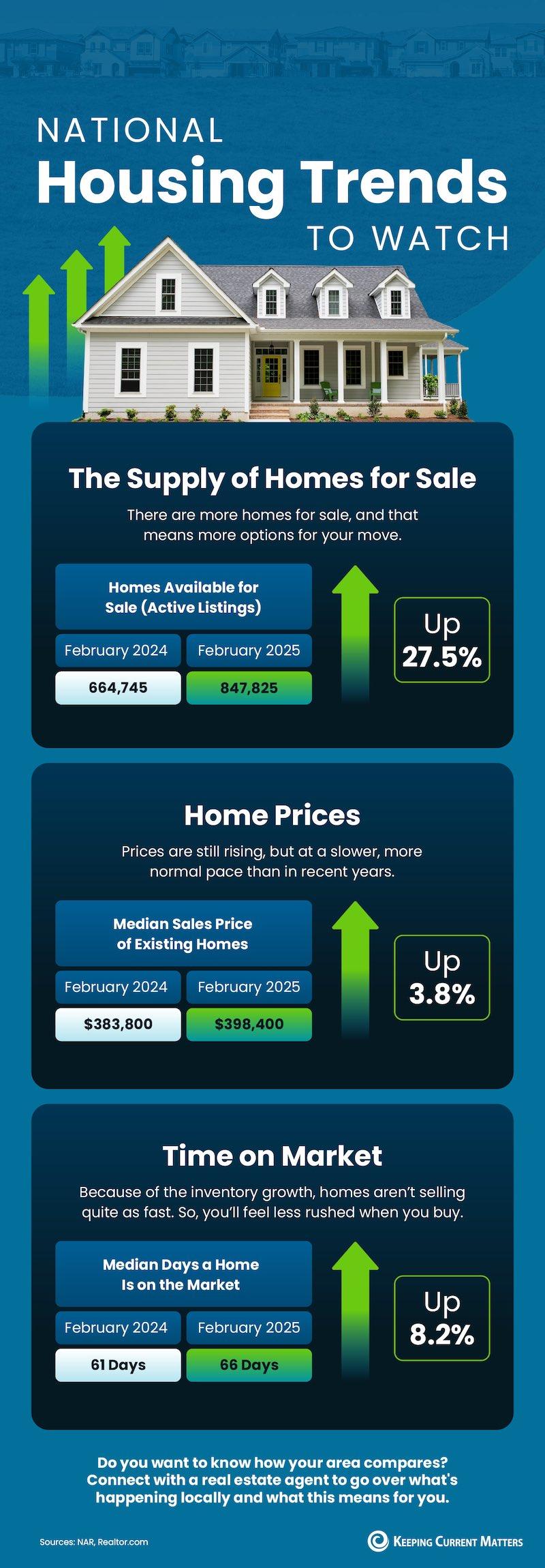

Buying a Home May Help Shield You from Inflation
It feels like everything is getting more expensive these days. That’s because inflation has remained higher than normal for longer than expected – and that’s impacting the costs of goods, services, and more. And with rising costs all around you, you’re probably questioning: is now really the righ
Read More

Are You Asking Yourself These Questions About Selling Your House?
Some homeowners hesitate to sell because they’ve got unanswered questions that hold them back. But a lot of times their concerns are based on misconceptions, not facts. And if they’d just talked to informed local Realtors, like us, they’d see these doubts aren’t necessarily a hurdle at all. If un
Read More

Home Price Growth Is Moderating – Here’s Why That’s Good for You
Over the past few years, home prices skyrocketed. That’s been frustrating for buyers, leaving many wondering if they’d ever get a shot at owning a home. But here’s some welcome news: that whirlwind pace of home price growth is slowing down. Home Prices Are Rising at a Healthy Pace At the national
Read More

A Record Percent of Buyers Are Planning To Move in 2025 – Are You?
This could be the year to sell your house – and here’s why. According to a recent NerdWallet survey, 15% of people are planning to buy a home this year. That’s actually a record high for this survey (see graph below): Here’s why this is such a big deal. The percentage has been hovering between 9-
Read More
Categories
Recent Posts










